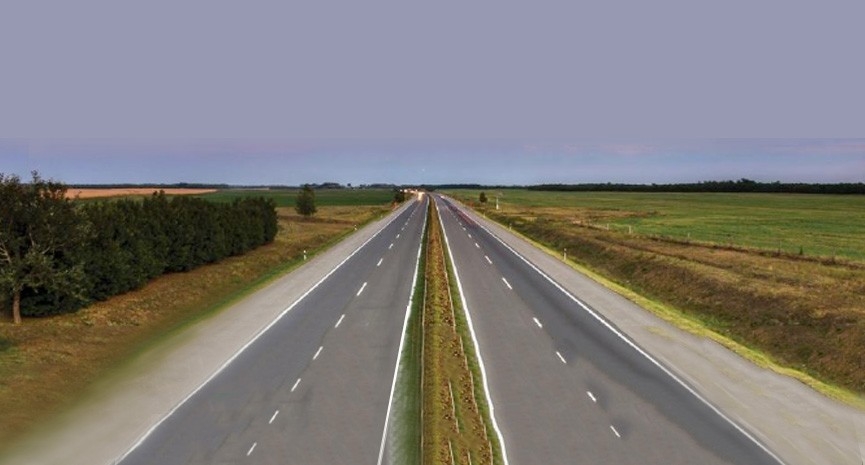AfDB sanctions $229.5 mn loan for Uganda road project
AfDB has approved $229.5 million sovereign loan to Uganda

Nov 12, 2018: The African Development Bank (AfDB) has approved $229.5 million sovereign loan to Uganda to finance its road corridor expressway project. The loan facility will finance infrastructure development, project implementation support and improvement activities along the corridor.
The AfDB noted that over 2,000 direct and indirect jobs would be created during the construction and operational phases of the road project. When completed, the expressway is projected to boost economic productivity, competitiveness, regional trade and integration.
The project is scheduled to be managed over the next 30 years under a concession-based public-private partnership arrangement and has a human capital development component focused on skills development in Uganda and East Africa.
The financing will support Uganda’s second National Development Plan 2015-2020, which aims to strengthen the country’s competitiveness for sustainable wealth creation, inclusive growth and jobs creation. Uganda’s road rehabilitation plans are anchored on its 15-year National Transport Master Plan (NTMP 2008-2023), aimed at facilitating efficient movement of passengers and freight across the country to support growth objectives.
According to an official from AfDB, the 95-kilometre Kampala-Jinja Expressway project is expected not only to reinforce the country’s position as a regional transit hub, but also to alleviate congestion on the road and around the nation’s capital, Kampala.
A 2017 study conducted by the Uganda National Roads Authority found that there were over 1,000 vehicles per hour per lane on the corridor with consistent breakdowns of traffic flows.
The expressway is located along Uganda’s northern corridor, a strategic route within the East African Community, linking Rwanda, Burundi, the Democratic Republic of Congo and South Sudan with Kenya’s Mombasa port.
The project aligns with the Bank’s Ten-Year Strategy (2013-2022) and Uganda Country Strategy Paper 2017–2021, under its “Infrastructure Development for Industrialization” pillar. It is consistent with three of the Bank’s High 5 priorities: “Integrate Africa”, “Industrialize Africa” and “Improve the quality of life of the people of Africa.”


